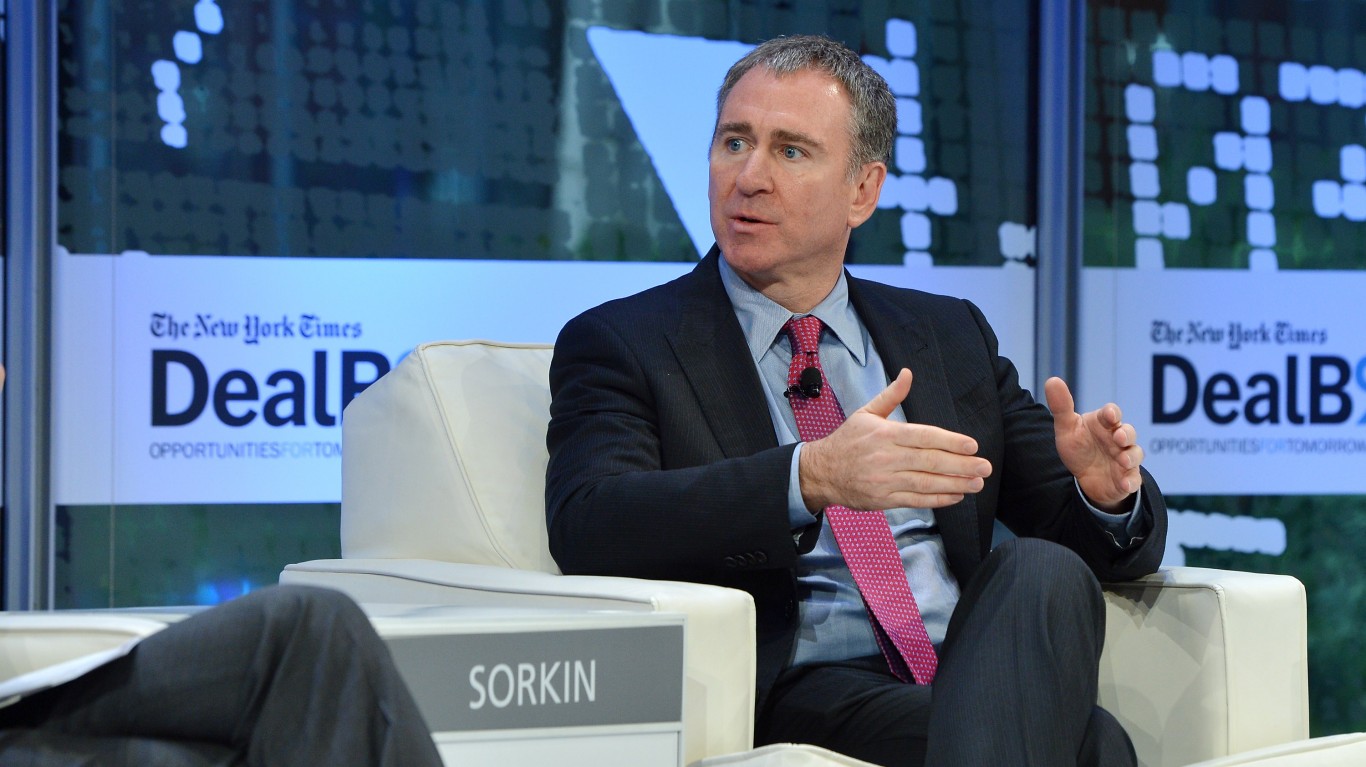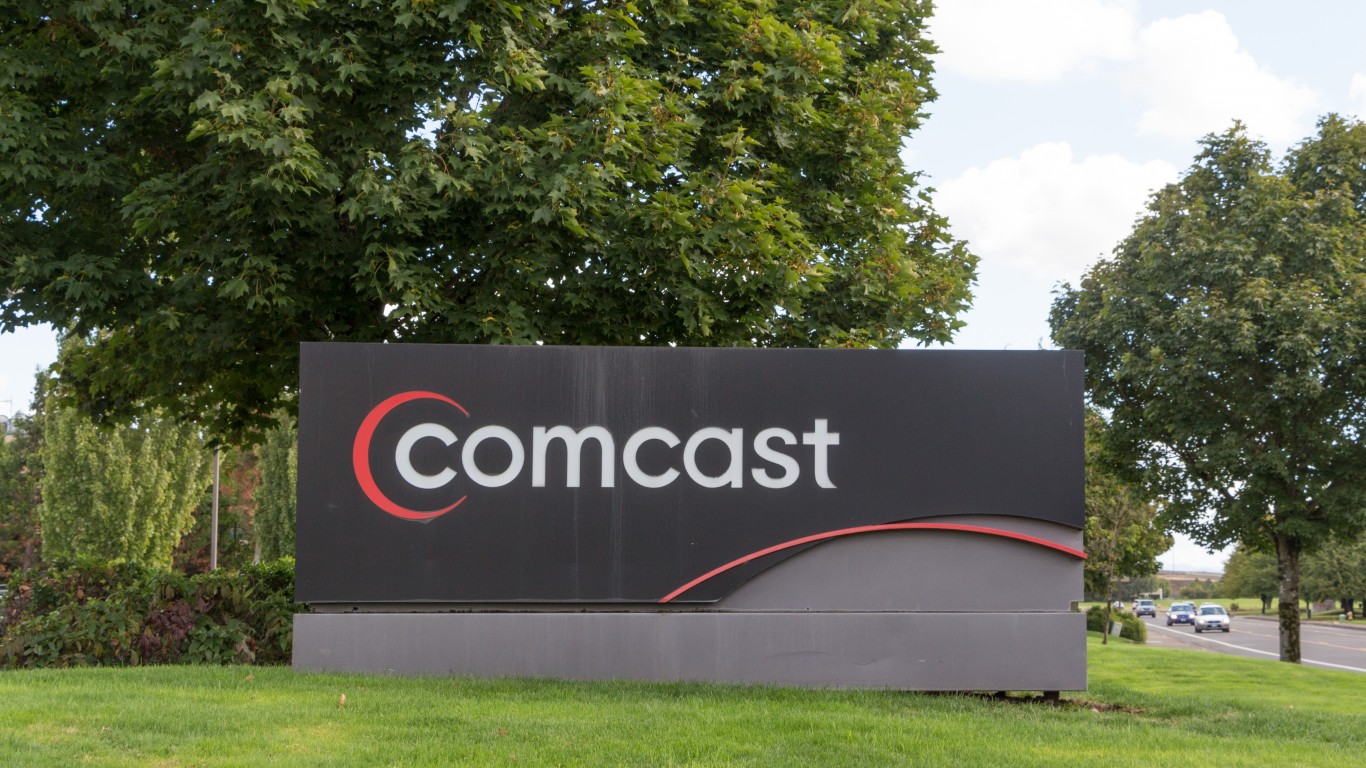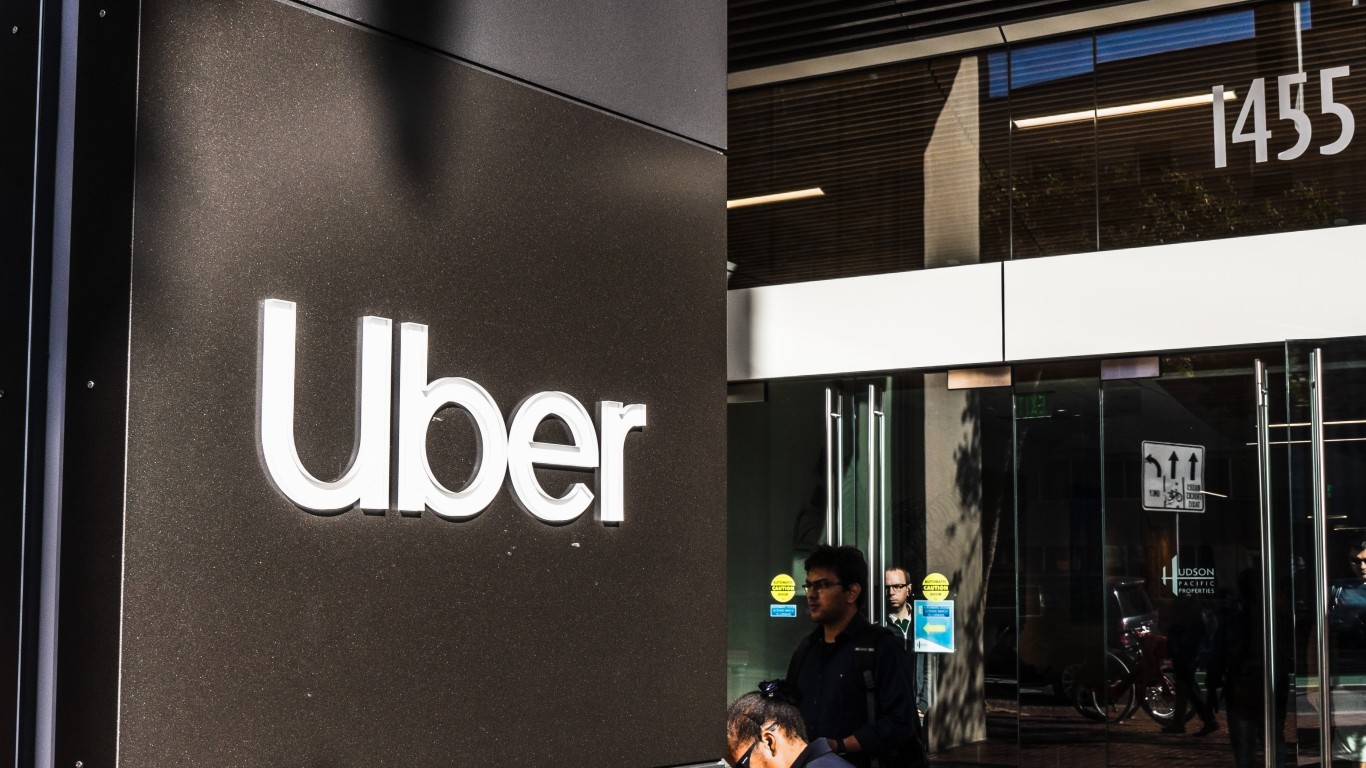Investing
Ken Griffin's Hedge Fund Continues Its Win Streak With These 3 Stocks

Published:

With roughly $60 billion in assets under management, Citadel is a giant among hedge funds. The Miami-based firm, headed by Ken Griffin, delivered $25 billion in profits over the past six years, including $7 billion in 2023 when other hedge fund traders were grappling with high rates.
Citadel is infamous in retail investor circles for its role in the GameStop (NYSE: GME) short squeeze of 2021. That’s when it swooped in to rescue hedge fund Melvin Capital with a $2 billion cash injection after the firm got walloped from a massive short bet on GME shares. Sony Pictures made a movie about the movement, dubbed “Dumb Money,” reportedly upsetting Griffin for the way his firm was portrayed.
These days Citadel is navigating some fierce market headwinds. But its multimanager strategy in which it spreads capital across niche investment groups for consistent returns hasn’t failed the firm yet. It’s true that with returns of 24% in 2023, the S&P 500 outperformed the average hedge fund. But in addition to returns that are uncorrelated to the broader markets, the name of the game for hedge fund firms is slow and steady wins the race.
Of course, getting tipped off on which stocks might be tanking could also move the meter. Earlier this year, Citadel found itself in the middle of a scandal after Bloomberg reported that Morgan Stanley had leaked its block trading scorecard with select traders, including one who worked for Griffin’s firm. One of the stocks in question was iHeartMedia (Nasdaq: IHRT), but Citadel avoided the controversial short, which blew up in the Morgan Stanley banker’s face anyway.
As a high-frequency algorithm trader, Citadel completes millions of orders each day across thousands of names in a portfolio that has stood the test of time. Company names often reappear on the portfolio listings for years at a time, even if the hedge fund continuously trades them. We identified a handful of stocks that Citadel has been dumping of late in large amounts. In some instances, the hedge fund appears to have profited big, while in others the gains were more modest. All of these companies appealed to the hedge fund at some point, so perhaps investors looking to invest like pros will find a diamond in the rough.

Home Depot (NYSE: HD) was founded as a hardware store in the late 1970s by Bernie Marcus and Arthur Blank, paving the way for its public market debut in 1981 at $12 per share. The company redirected capital it got from the deal to expand its footprint across the U.S., generating more profits and tripling its stock price along the way.
Based in Atlanta, Georgia, Home Depot now boasts over 2,300 stores across North America. As DIYers, Marcus and Blank dreamt up a business where employees would be masters at their craft so they could lend their home-repair expertise to customers of all skill levels. They still maintain that culture today through the availability of workshops and classes. With financing provided by billionaire Ken Langone, Home Depot, which has a dividend yield of 2.6%, was off to a running start.

Comcast (Nasdaq: CMCSA) began as a single-system cable operator out of Mississippi in the early 1960s. The company was founded by Ralph Roberts through the acquisition of local operator American Cable Systems. From there, Comcast continued to grow through acquisition, entering Florida and Pennsylvania before making its public-market debut in 1972.
In 1988, Comcast expanded into the cellular telephone segment through its acquisition of American Cellular Network Corp, which it later sold to SBC Communications. By the late 1990s, Comcast received a billion-dollar capital injection from tech giant Microsoft, the same year it launched digital TV. With a market cap of $160 billion, Comcast has grown into one of the leading cable television companies in the U.S., generating $121 billion in revenue last year.

Founded in 2009 by Travis Kalanick and Garrett Camp, ride-hailing app Uber Technologies (NYSE: UBER) is famous for disrupting the transportation industry. What started as a simple idea to request a ride from a phone, after the co-founders were unable to hail a ride in Paris, exploded into a global brand. By 2010, the first Uber ride was officially requested from a smartphone in San Francisco. By 2011, Uber expanded its footprint into Paris followed by the addition of ice-cream deliveries the following year in the U.S. market. By 2014, Uber had grown into a marketplace connecting riders in 100 cities.
In 2017, Kalanick resigned as CEO from the company he helped to build amid pressure from investors for the company’s scandalous culture. Kalanick didn’t leave quietly, unloading 90% of his shares in the company, worth $1.5 billion, in a six-week selling extravaganza. He stayed on the board of directors until 2019 and participated in Uber’s IPO that year. These days, former Expedia chief Dara Khosrowshahi is at the helm of Uber.
Retirement planning doesn’t have to feel overwhelming. The key is finding expert guidance—and SmartAsset’s simple quiz makes it easier than ever for you to connect with a vetted financial advisor.
Here’s how it works:
Why wait? Start building the retirement you’ve always dreamed of. Click here to get started today!
Thank you for reading! Have some feedback for us?
Contact the 24/7 Wall St. editorial team.